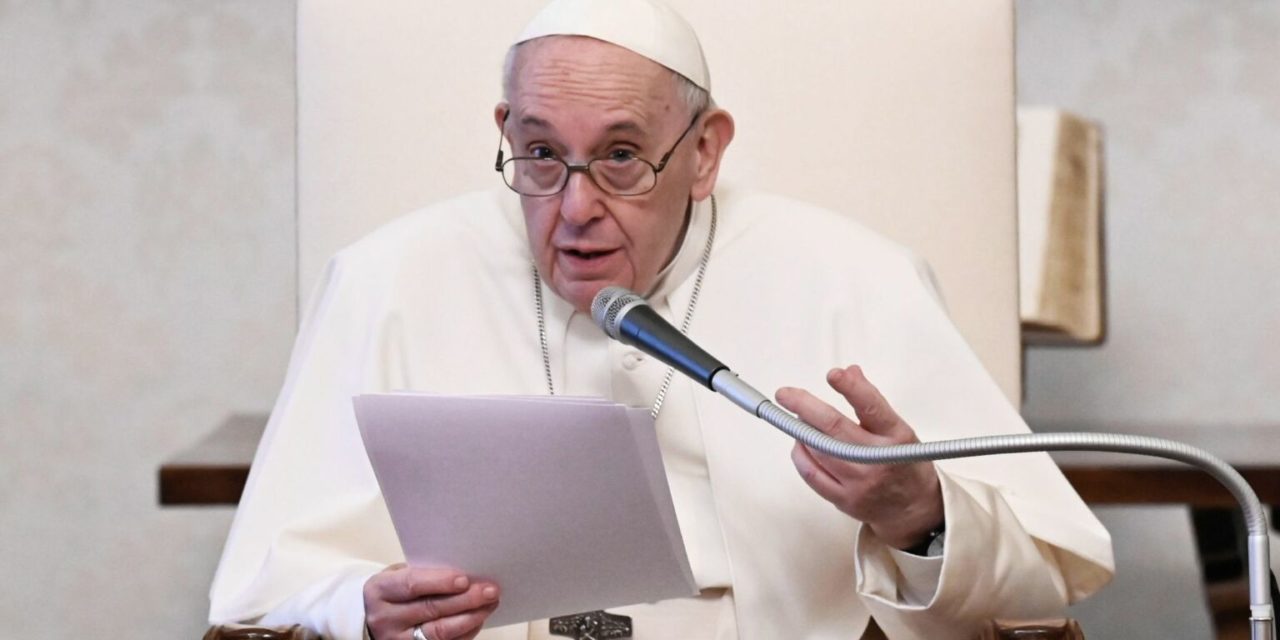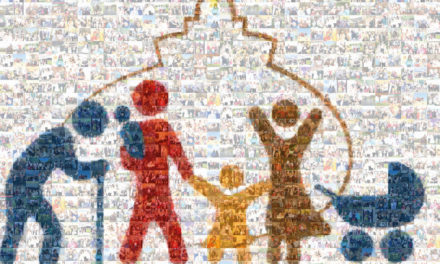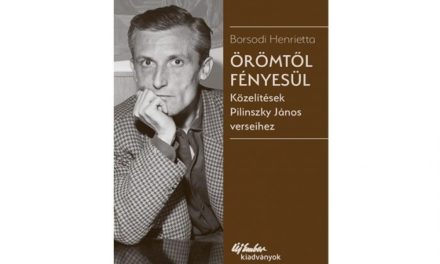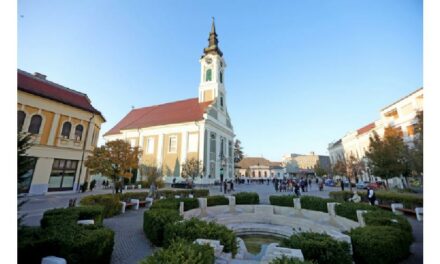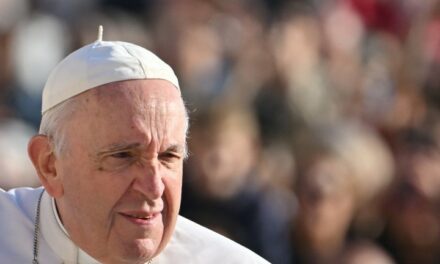Pope Francis called his visit to Budapest and Slovakia a journey of hope and a return to the roots of Europe, who spoke about his impressions from September 12 to 15 at the first general audience after his trip on Wednesday.
In his speech in the Vatican audience hall full of believers, Pope Francis stated that he saw the hope represented by the Gospel in Budapest, where he presented the closing mass of the 52nd International Eucharistic Congress (NEC), and then visited Slovakia. He noted that the joint meetings held with representatives of the Catholic and other Christian churches and the Jewish community proved the power of hope.
Pope Francis stated that his trip was a prayer pilgrimage in the heart of Europe, which for him meant a return to his European roots.
He explained that he "found roots full of life" in the places he visited, while elsewhere European roots "are preserved as museum artifacts, ideologized and used as tools for interests driven by authority or power."
The head of the church explained that during his visit he often thought about how the founding fathers dreamed of the European Union, which, he added, was certainly not imagined as a "fashionable agency of ideological colonialism". He emphasized that the presence of God on the European continent is diluted by consumption in everyday life and is covered by a fog of the same thinking consisting of old and new ideologies. He recalled those who represented the roots of faith and Christian life in the most difficult times, among them Cardinal József Mindszenty and the Greek-Catholic bishop of Eperjes, Péter Pál Gojdics.
Pope Francis highlighted the meeting held with the Roma community in Bratislava, stressing that the Roma brothers must be accepted.
He added that while Western Europe is in the grip of a demographic winter, during his visit he saw "prosperity, with young couples and children" in the affected countries.
Source: sándár.hu Opening image: MTI/EPA/Vatican Media

